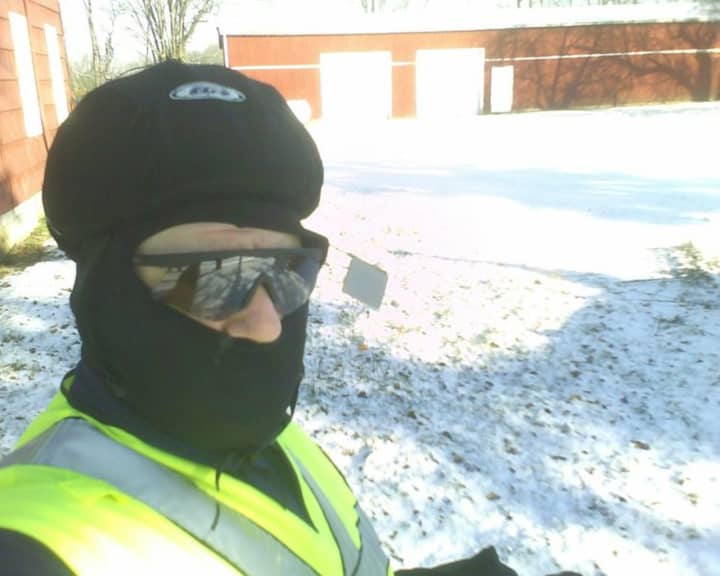Residents in need of a warm place to stay during the day are encouraged to visit Norwalk's public libraries.
The Norwalk Fire and Police Departments are providing the following safety tips for residents: ·
- Try not to spend a long time outdoors, and make sure your home heating system is working properly.
- Check on elderly neighbors and family members and make sure their homes are warm enough if travel conditions are safe.
- If you are unable to find a place to stay warm, call 2-1-1 to find a warm shelter near you.
- When you do need to be outside, wear multiple layers of clothing and cover your skin so that it is not exposed to the cold.
- If you have to be outside for more than a few minutes, take breaks to come back into a warm, dry shelter often.
- If you are shivering, that is a sign that the body is losing heat and you should return to shelter.
- Avoid alcohol and caffeinated beverages. They can cause your body to lose heat quickly and affect your body’s ability to regulate temperature.
- You can help your body become warm by dressing warmly, eating enough food, drinking plenty of liquids, and staying active.
Spending too much time in extreme cold without proper protection can cause serious conditions such as hypothermia and frostbite.
- Hypothermia occurs when your body loses heat faster than it produces it.
- If body temperature falls too low, it affects the brain, making the victim unable to think clearly or move well, which could prevent a person from knowing it is happening and doing anything to stop it.
- Signs of hypothermia in adults include shivering, exhaustion, confusion, fumbling hands, memory loss, slurred speech, drowsiness.
- In infants, signs like bright red, cold skin or very low energy could signal hypothermia.
- If you notice any of these signs, take the person’s temperature. If it is below 95 degrees, get medical attention immediately.
Frostbite is an injury to the body caused by freezing. Frostbite can permanently damage the body, and severe cases can lead to amputation.
- Signs of frostbite include white or grayish-yellow areas of skin, skin that feels unusually firm or waxy, and numbness.
- If you suspect frostbite, move to a warm space right away.
- Dip the affected area in warm water or warm the area with body heat.
- Do not use very hot water or another heat source like heat from a stove or radiator to warm the area, because frostbitten areas are numb and can burn easily.
- Also, do not massage the affected area or walk on frostbitten toes or feet, as these can cause more damage.
- Seek medical treatment.
Do not use ovens or stoves as heating sources. If using space heaters, remember to keep them clear of curtains and other flammable items. Turn off space heaters before going to sleep.
For more information about staying safe in the cold weather, visit www.ready.gov/winter-weather
Click here to follow Daily Voice Norwalk and receive free news updates.


